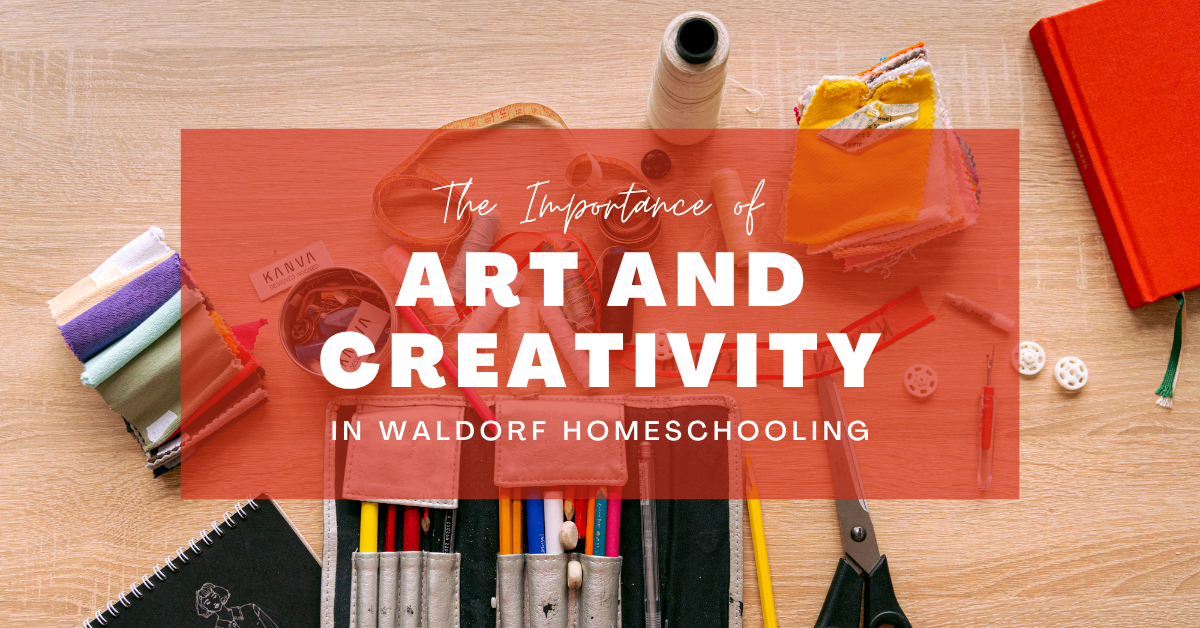Have you ever found yourself wishing school was less about memorizing facts and more about sparking wonder? Do you want your child’s education to be a magical journey filled with art, music, and nature instead of just worksheets and tests? If so, you might want to pour a cup of tea and get comfortable, because […]











